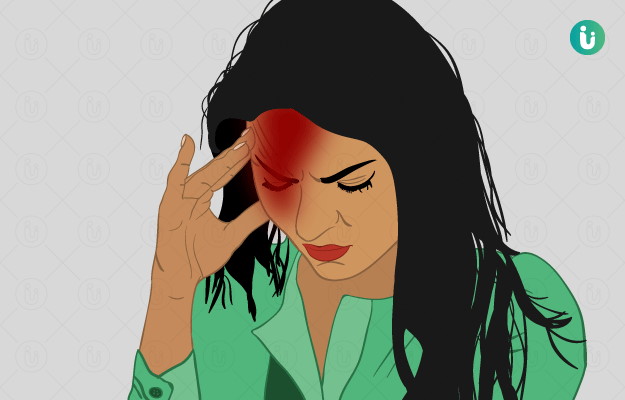Instant relief from headache
Headaches happen. The good news is there are several simple things you can do to ease the pain without a trip to the doctor. Try these tips and get to feeling better fast.
Causes of headaches
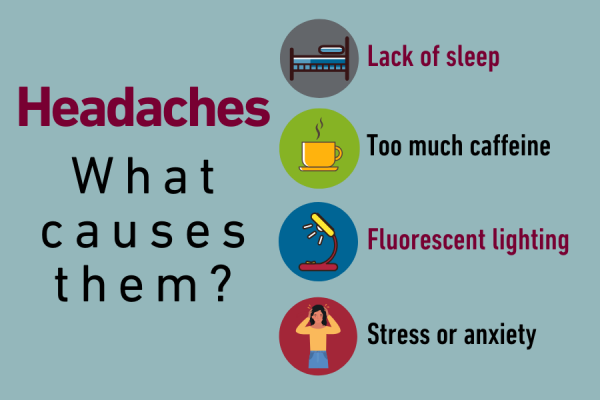
Headaches have a number of causes, some of which are much more serious than others.
Research shows that certain dietary and lifestyle factors could increase the risk of experiencing headaches. Examples include.
- lack of sleep
- dehydration
- caffeine withdrawal
- alcohol use
- nutrient deficiency
- undereating
People with obesity, those with sleep disorders, those who smoke, and those with high caffeine intake are more at risk of experiencing headaches. People with a family health history of headaches are more prone to headache disorders too.
Natural remedies for headaches
Drink water
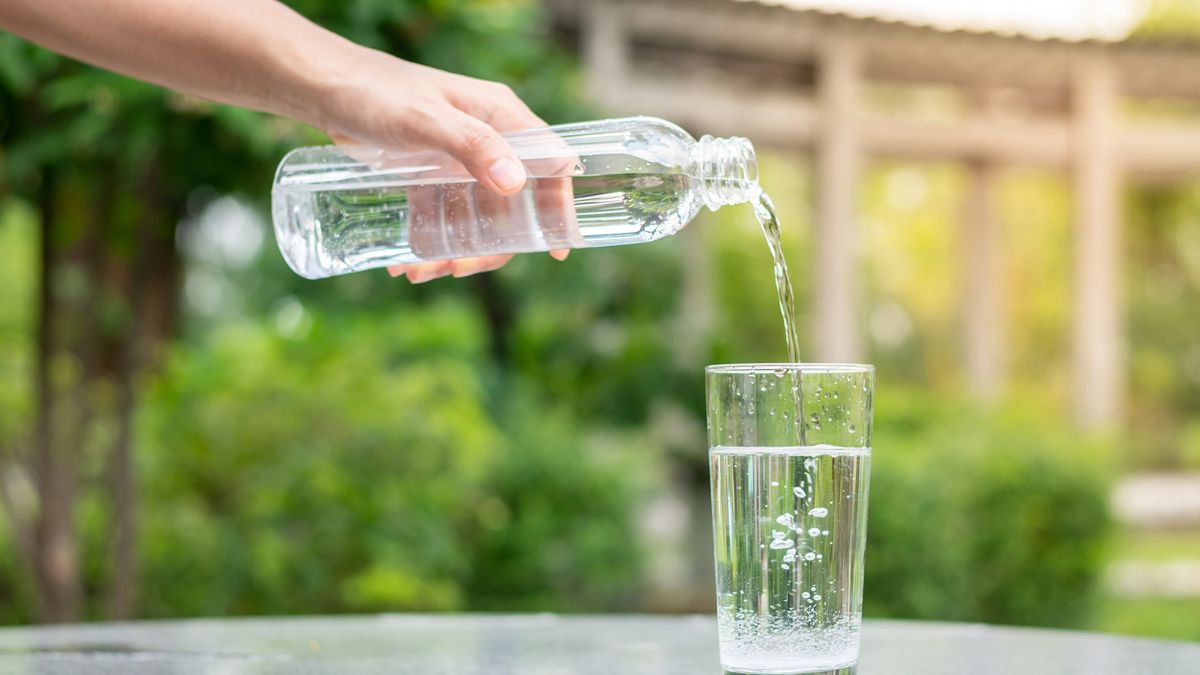
Inadequate hydration may lead you to develop a headache.
Drink plenty of liquids. Dehydration can cause a headache or make one worse.
In fact, studies have demonstrated that dehydration is a common cause of headaches .
What’s more, being dehydrated can impair concentration and cause irritability, making your symptoms seem even worse.
Thankfully, research suggests that drinking more water may help reduce headache occurrence, duration, and severity in some people.
To help avoid dehydration headaches, focus on drinking enough water throughout the day and eating water-rich foods like fruits and vegetables.
Get adequate sleep
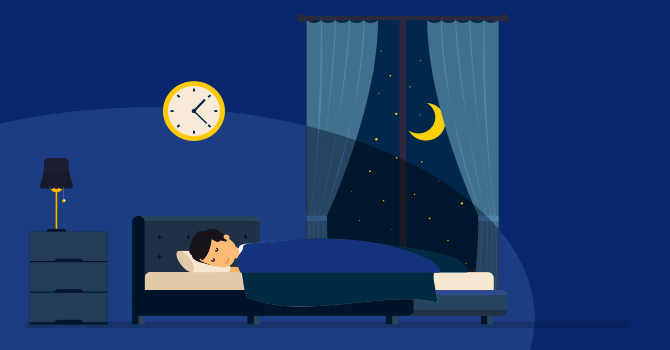
Sleep deprivation can be detrimental to your health in many ways and may even cause headaches in some people.
In fact, research shows that poor sleep quality and insomnia are associated with increased headache frequency and severity.
Sleep apnea, a health condition in which breathing repeatedly stops and then starts again during sleep, is associated with morning headaches, while insomnia is linked to increased headache severity in those with tension headaches.
However, getting too much sleep has also been shown to trigger headaches. Therefore, getting the right amount of rest important for those looking for natural headache prevention.
For maximum benefits, aim for the “sweet spot” of 7–9 hours of sleep per night.
Try a Cold Pack
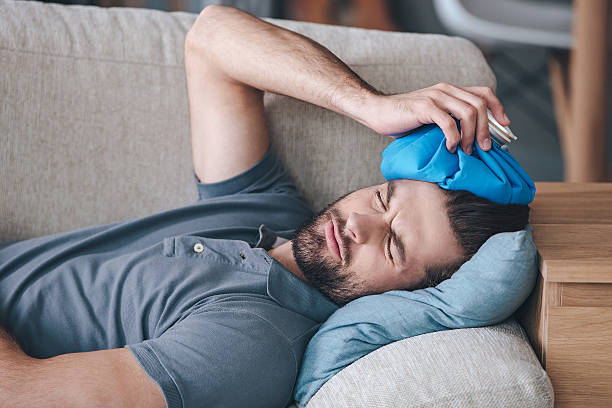
If you have a migraine, place a cold pack on your forehead. Ice cubes wrapped in a towel, a bag of frozen vegetables, or even a cold shower may ease the pain. Keep the compress on your head for 15 minutes, and then take a break for 15 minutes.
Use a Heating Pad or Hot Compress
If you have a tension headache, place a heating pad on your neck or the back of your head. If you have a sinus headache, hold a warm cloth to the area that hurts. A warm shower might also do the trick.
Ease Pressure on Your Scalp or Head
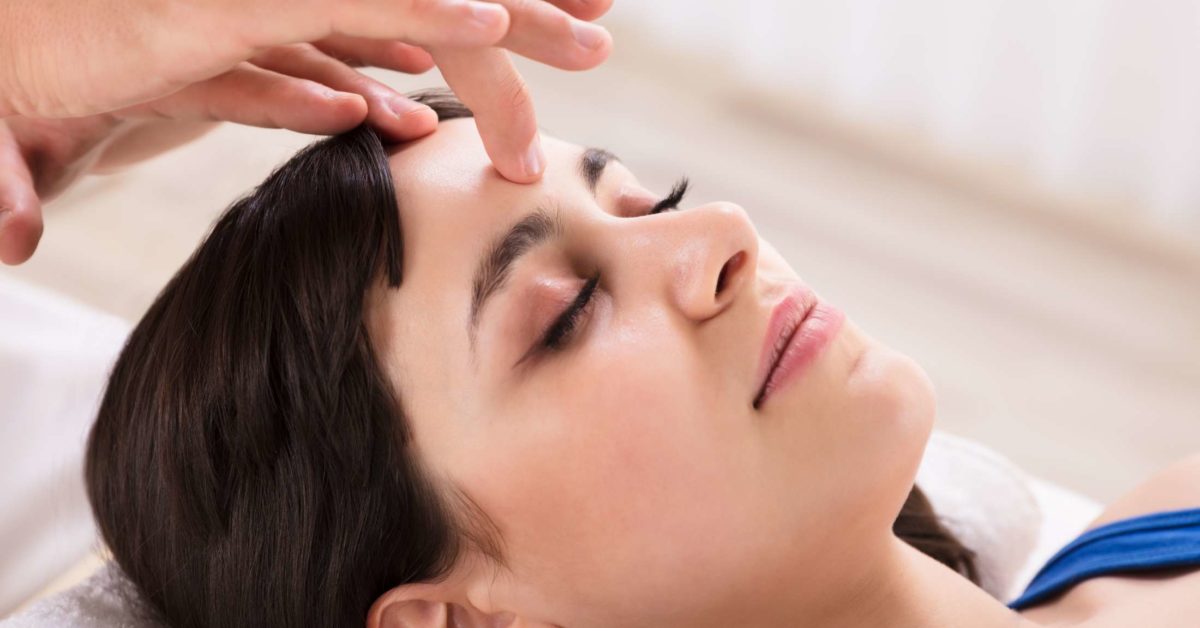
If your ponytail is too tight, it could cause a headache. These “external compression headaches” can also be brought on by wearing a hat, headband, or even swimming goggles that are too tight.
Dim the Lights
Bright or flickering light, even from your computer screen, can cause migraine headaches. If you’re prone to them, cover your windows with blackout curtains during the day. Wear sunglasses outdoors. You might also add anti-glare screens to your computer and use daylight-spectrum fluorescent bulbs in your light fixtures.
Try Not to Chew
Chewing gum can hurt not just your jaw but your head. The same is true for chewing your fingernails, lips, the inside of your cheeks, or handy objects like pens. Avoid crunchy and sticky foods, and make sure you take small bites. If you grind your teeth at night, ask your dentist about a mouth guard. This may curb your early-morning headaches.
Try acupuncture

Acupuncture is a traditional Chinese medicine technique that involves inserting thin needles into the skin to stimulate specific points on the body.
This practice has been linked to a reduction in headache symptoms in many studies.
A 2020 overview of 15 systematic reviews concluded that acupuncture may be an effective therapy for people with migraine.
What’s more, a 2022 study that included 156 people with migraine found that treatments with both 5 and 10 sessions of acupuncture were effective for reducing frequency of migraine attacks and migraine severity.
If you’re looking for a natural way to treat chronic headaches, acupuncture may be a worthwhile choice.
Get Some Caffeine
:max_bytes(150000):strip_icc()/Does-Caffeine-Help-Headaches-GettyImages-1356070874-2000-3332c8ba971b4525af9ae910bff18d74.jpg)
Have some tea, coffee, or something with a little caffeinein it. If you get it early enough after the pain starts, it could ease your headache pain. It can also help over-the-counter pain relievers like acetaminophen work better. Just don’t drink too much because caffeine withdrawal can cause its own type of headache.
Practice Relaxation
Whether it’s stretches, yoga, meditation, or progressive muscle relaxation, learning how to chill out when you’re in the middle of a headache can help with the pain. You might talk to your doctor about physical therapy if you have muscle spasms in your neck.
Try Massage
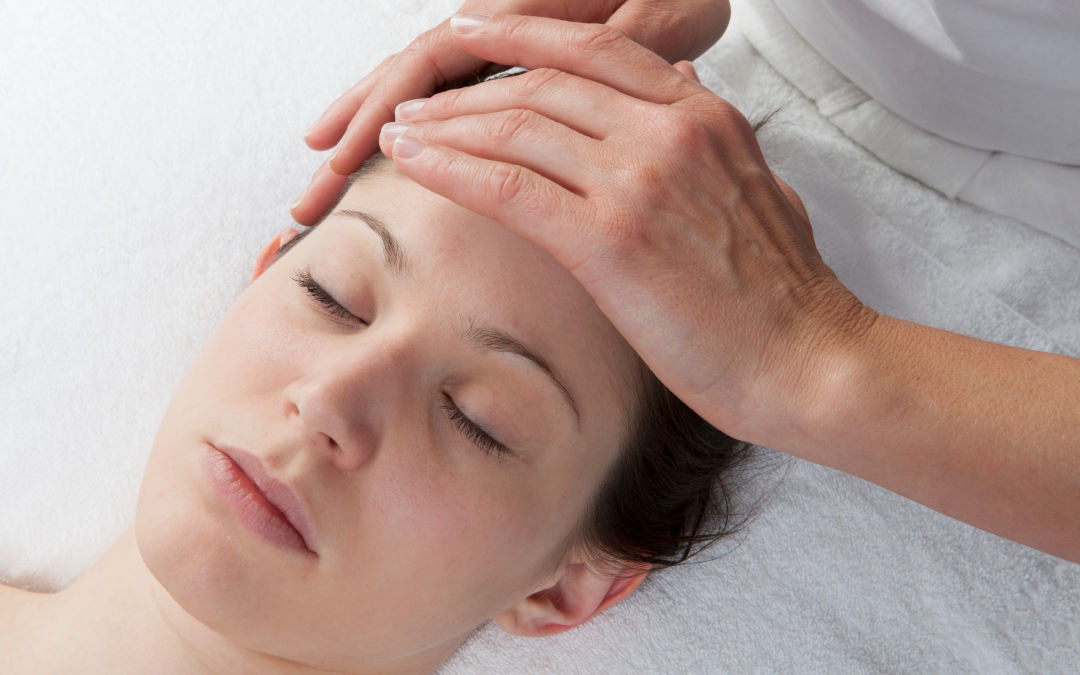
You can do it yourself. A few minutes massaging your forehead, neck, and temples can help ease a tension headache, which may result from stress. Or apply gentle, rotating pressure to the painful area.
Research suggests that certain herbs, including curcumin, chamomile, and butterbur, may reduce headache symptoms.
For example, a 2020 review of 19 studies found positive preliminary findings for curcumin as a preventive treatment and for chamomile as an acute treatment for migraine.
Try an herbal remedy
The review also found limited evidence that supplementing with butterbur, a perennial shrub native to Germany that has anti-inflammatory effects, may benefit those with migraine.
Even though some herbs are safe to take, it’s important to be cautious when supplementing with herbs, as many can interact with commonly prescribed medications and may be unsafe for people who are pregnant or have certain health conditions.
Of the herbal supplements mentioned in the review listed above, curcumin and chamomile are generally considered safe. However, it’s important to check with a healthcare professional before using any herbal remedy to treat headaches.
Thorne Meriva-SF is an excellent choice for those looking for a high quality curcumin supplement to prevent migraines, and Nature’s Way Chamomile may be helpful if you’re looking for immediate headache relief.
Move more
One of the simplest ways to reduce headache frequency and severity is to engage in physical activity.
A number of studies have shown that exercise could help significantly reduce migraine intensity, frequency, and duration.
There are many ways to increase your activity level, but one of the simplest ways is to increase the number of steps you take throughout the day.
Take Some Ginger
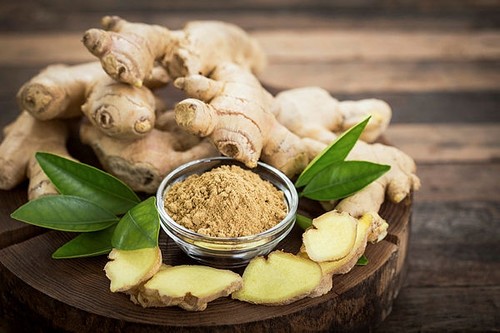
A small recent study found that taking ginger, in addition to regular over-the-counter pain meds, eased pain for people in the ER with migraines. Another found that it worked almost as well as prescription migraine meds. You can try a supplement or brew some tea.
Frequently asked questions
What is the fastest home remedy for a headache?
There are several home remedies that may help treat headaches.
For example, if dehydration is causing a headache, drinking water can help quickly improve the symptoms.
Taking pain relievers such as ibuprofen can also help reduce headache pain.
Relaxing in a dark room, using a cold compress, smelling some peppermint or lavender essential oils, drinking some caffeine, and avoiding loud noises may also help reduce headache severity.
However, keep in mind that these remedies may not be effective for everyone. Effective treatments depend on the type and cause of the headache you’re experiencing.
Are there any home remedies for headaches that you should avoid?
It’s important to avoid taking herbal supplements to treat a headache unless you’ve checked with a healthcare professional first to ensure the supplements are safe for you. Many herbal supplements can interfere with common medications and aren’t safe for everyone .
You should also avoid drinking too much caffeine, as this can make you jittery and interfere with sleep .
Is there anything that makes headaches worse?
Bright lights, loud noises, and strong smells may make headache symptoms worse.
If you’re experiencing a significant headache, it’s important to relax in a calm, dark, quiet environment.
Lack of sleep, alcohol, stress, certain foods, hormonal fluctuations, calorie restriction, and taking headache medicine too frequently could also trigger or worsen headaches.
